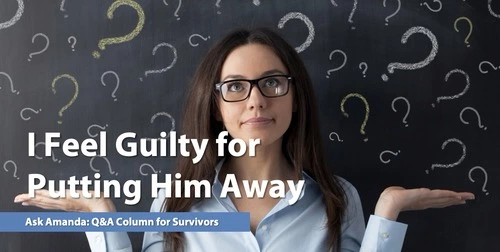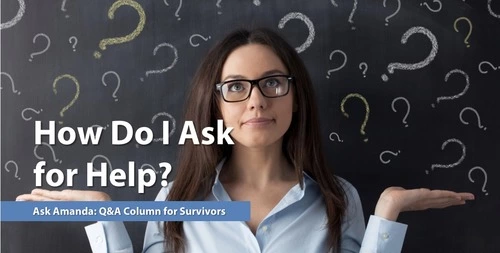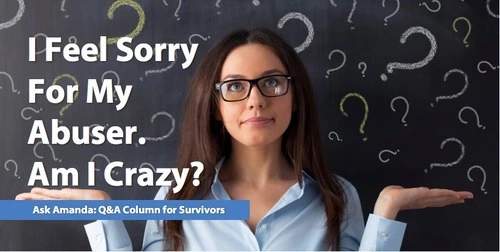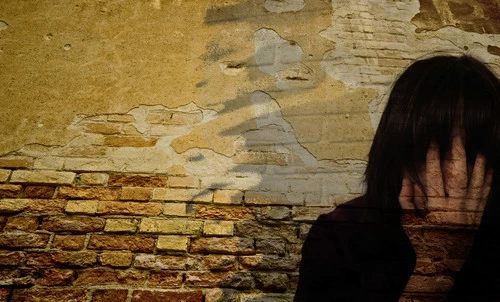1. Select a discrete app icon.

notes
Ask Amanda: Why Do I Keep Giving Him Another Chance?
Trauma bonding is why some survivors feel an attachment to an abusive partner
- Feb 17, 2020
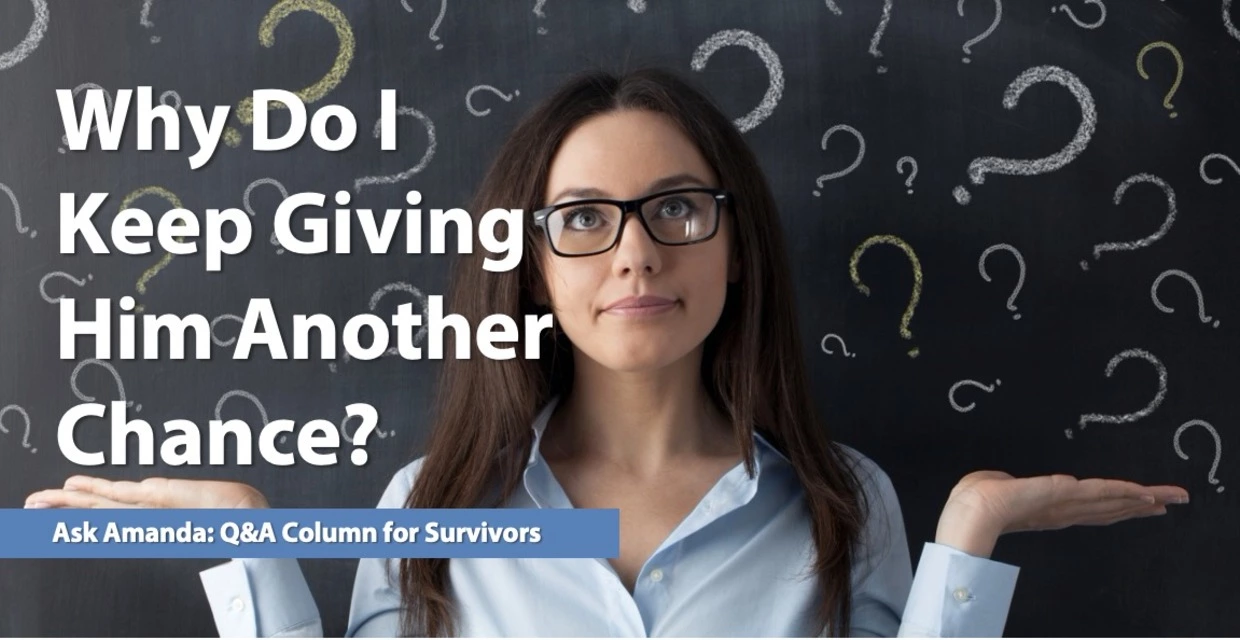
Q: I’m one of those people who keeps giving my boyfriend endless chances. I don’t want to go into the specifics but there is abuse present and basically, I’m putting up with it because I keep believing him when he says he’s trying to change. I love him, but I hate the things he does. Is it possible to have both of those feelings at once? Am I stupid to think he’ll ever change? – Becca
Becca,
You’re not stupid. I don’t know you, but I can say that with certainty. Abusers are cunning and manipulative individuals and they know exactly what to say to get partners like yourself to give them “just one more chance.” What you are is caring. Hopeful. And, I can also say with certainty, traumatized.
There’s a thing called trauma bonding that you may not be familiar with. Licensed therapist Stefanie Juliano, LPCC, explains that trauma bonding is the type of attachment one can feel toward an abuser. It involves all the things you describe—compassion, love and hope that things will change. But it also brings with it confusion—how can you love someone who hurts you?
Many children who are abused by a parent or caregiver can experience trauma bonding and then, as an adult, this can become the way they define “love,” making adult relationships especially confusing.
“It can become a cycle of, if I’m loved, I’m abused; it’s my fault and I need to please them,” says Juliano. “Many don’t even make the connection that they are, in fact, being abused.”
In fact, in most relationships where domestic violence is present, the abusive partner isn’t abusive all the time.
“Oftentimes the positives can appear to outweigh the sometimes-critical negatives,” says Juliano.
Below, I listed some signs of trauma bonding from Harley Therapy Counselling. Do you recognize any of these within yourself?
- You feel stuck and powerless in the relationship but want to make the best of it.
- You don’t know if you trust the other person, but you can’t leave.
- You’d describe your relationship as intense and complex.
- There are promises of things getting better in the future.
- You “focus on the good” in the person, despite behaviors you know are abuse.
- You think you can change your abusive partner.
- Your friends and/or family have advised you to leave the relationship, but you stay.
- You find yourself defending the relationship if others criticize it.
- The abusive partner constantly lets you down, but you believe them anyway.
Donate and change a life
Your support gives hope and help to victims of domestic violence every day.
I suspect your mind is stuck in a cycle of attachment. You feel a bond even though part of you knows what’s happening isn’t right. Right now, you can’t seem to take the steps needed to break that cycle. It may help you to learn more about abusers—specifically how abuse will often escalate over time. Your abusive partner might become more controlling, more dangerous or more violent the longer you stay. You might also want to look at the Power and Control wheel, in order to see what sort of pattern often emerges within domestic abuse (note that not all abusers follow such a pattern though).
It may also help you to talk to someone. You can call a domestic violence shelter hotline even if you’re not ready to leave or have no intention of ever using a shelter. Trained and nonjudgmental advocates can help you process what’s going on and can help you safety plan in case things get worse. Find a shelter hotline near you on our Find Help page.
Just remember, this choice to abuse is his choice. It has nothing to do with you not loving him enough.
“The attachment to the abuser and the common fact that [abuse] is a [sometimes] cycle with many ups and downs creates an emotional toll. The promise of change and the hope that we hold for that to be true can leave a survivor confused, which is no fault of their own,” says Juliano. “It’s common for one to blame themselves at least partially for any abuse that may have occurred.” For more on dealing with that pesky guilt that might be creeping up as you consider leaving this guy behind, read, “Trauma-Related Guilt Is a Liar.”
Have a question for Ask Amanda? Message us on Facebook, Twitter or email AskAmanda@DomesticShelters.org.
Ask Amanda is meant to offer helpful resources and information about domestic violence. If in crisis, please reach out to your nearest domestic violence shelter for the guidance of a trained advocate.
Looking for someone to speak with? Enter your location to find phone numbers for domestic violence experts in your area.
Have a question about domestic violence? Type your question below to find answers.

